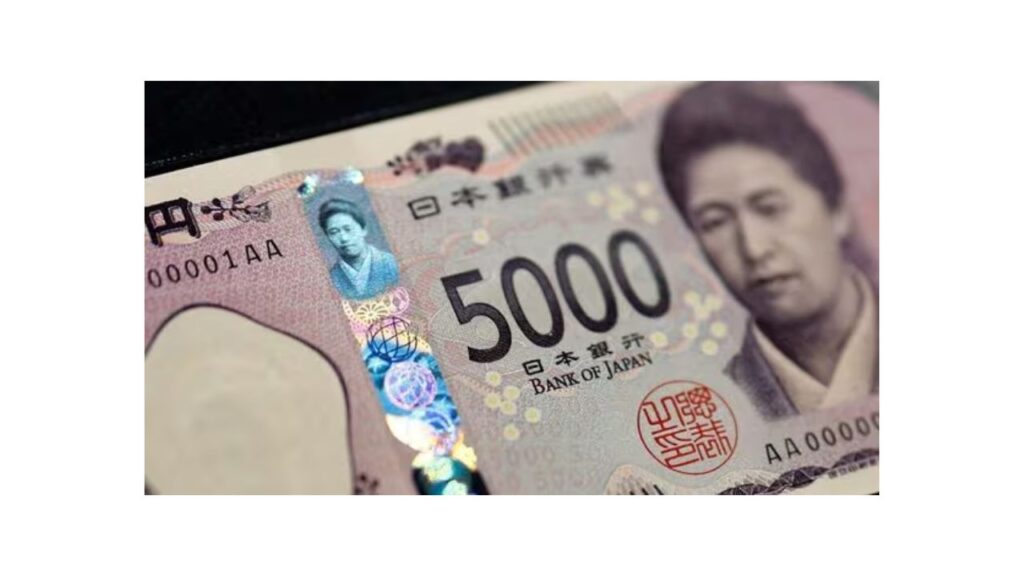A favorite for carry trade, the Japanese yen has gained 10% over the past three weeks, raising concerns about a large-scale unwinding and the ensuing effects on international markets.
Japanese Yen Carry Trade: During Monday’s intraday trading, the yen strengthened its recent gain against the US dollar, reaching mid-January highs of about 145.28. The Bank of Japan (BoJ) raised interest rates by 15 basis points to 0.25 percent last week, which contributed to the 10% increase in the value of the Japanese yen versus the US dollar in less than three weeks.
The Japanese Central Bank raised interest rates to 0.10 percent earlier on March 19, marking the first increase in 17 years. Aside from that, the BoJ announced last week that, in an effort to support the currency and spur economic growth, it would cut in half its monthly bond purchases over the following two years. However, carry trade is anticipated to suffer as a result of the move.
Japanese yen: A currency safe haven
The low cost of borrowing has made the Japanese Yen a favorite among carry-funding options and a safe haven for investors worldwide.
The Japanese currency was the most overbought of the G10 majors, according to reports from Barclays analysts, and as a result, “the bar for yet more outperformance in the near term appears high”.
However, the sentiment of the world market has been affected by the fear of the Yen-based carry forward trade unwinding. Asia’s markets were submerged in a sea of red, with
What is a carry trade?
A carry trade is a trading strategy in which capital is borrowed at a low interest rate and reinvested in other assets with higher potential returns.
A common practice in forex trading is carry trade, in which a trader borrows money from a nation with cheap interest rates and a depreciating currency and reinvests it in a different nation in hopes of earning higher returns.
A weak yen and the BoJ’s ultra-loose policy over 17 long years made Japan’s yen the preferred currency for carry trade among international investors.
Why are investors now unwinding the Yen carry trade?
In the last three weeks, the value of the Japanese Yen has increased by 10%, from 161 on July 11 to 145 today. Investors had to hurry and unwind their carry trade in order to reduce losses as the value of the Yen increased relative to the US dollar. This is allegedly one of the causes of the US equity market’s decline.
Does India need to worry about Yen appreciation and carry trade impact?
Japanese foreign portfolio investors own stocks valued at Rs 2.05 trillion, according to NSDL. These investors would sell some shares if the Yen strengthened.
